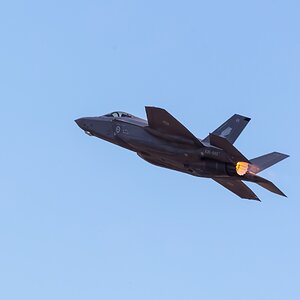Torus34
No longer a newbie, moving up!
- Joined
- Jan 26, 2006
- Messages
- 2,117
- Reaction score
- 37
- Location
- Tottenville, Staten Island, NYC USA
- Can others edit my Photos
- Photos OK to edit
[The slow wind-up ... ]
Are you a serious photographer? Gather round here and put your thinking cap on.
These days, most folks have cameras as a part of their cell phones. The quality of the cameras continues to improve with each passing year. Meanwhile, the point-'n-shoots have evolved to the point where images taken with them aren't distinguishable from those taken with top-o'-the-line DSL's of but a very few years back.
We've lots and lots of folks taking lots and lots of pictures. The results, as far as exposure and pixel count are concerned, are often of a very high level of quality, surpassing the best we could achieve a decade ago.
We're reaching the point where a print of reasonable size taken with one of the latest DSLR rigs and one taken with a P&S are indistinguishable. The discussions about gear, many years old, are becoming less and less relevant to the finished product. [Ed.: There may be a parallel here between the evolution of artist's pigments and brushes to modern standards and the present stage of the digital revolution in cameras.]
[and the fast pitch ... ]
So where does that leave us as 'serious' photographers?
What distinguishes 'our' prints from 'theirs'?
Are you a serious photographer? Gather round here and put your thinking cap on.
These days, most folks have cameras as a part of their cell phones. The quality of the cameras continues to improve with each passing year. Meanwhile, the point-'n-shoots have evolved to the point where images taken with them aren't distinguishable from those taken with top-o'-the-line DSL's of but a very few years back.
We've lots and lots of folks taking lots and lots of pictures. The results, as far as exposure and pixel count are concerned, are often of a very high level of quality, surpassing the best we could achieve a decade ago.
We're reaching the point where a print of reasonable size taken with one of the latest DSLR rigs and one taken with a P&S are indistinguishable. The discussions about gear, many years old, are becoming less and less relevant to the finished product. [Ed.: There may be a parallel here between the evolution of artist's pigments and brushes to modern standards and the present stage of the digital revolution in cameras.]
[and the fast pitch ... ]
So where does that leave us as 'serious' photographers?
What distinguishes 'our' prints from 'theirs'?


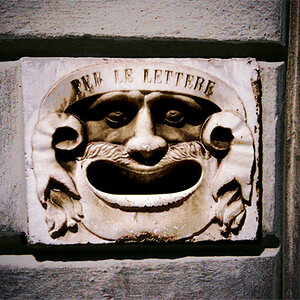
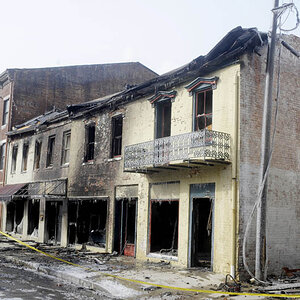
![[No title]](/data/xfmg/thumbnail/41/41784-8cbc2bbf42c1ea67cfe2f77fdd5c53ec.jpg?1619739891)
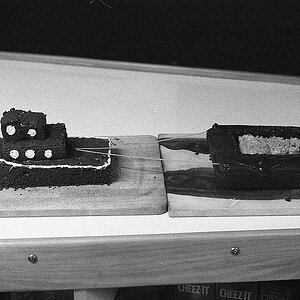
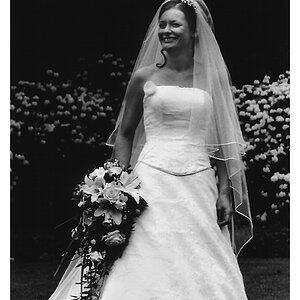
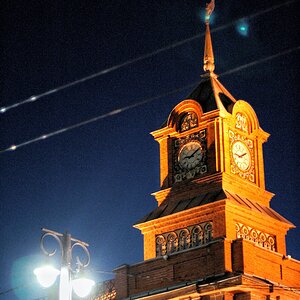
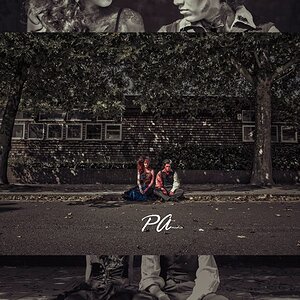
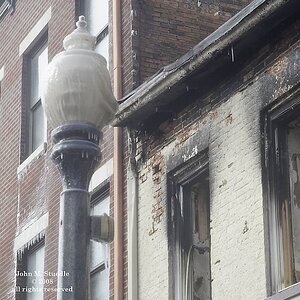
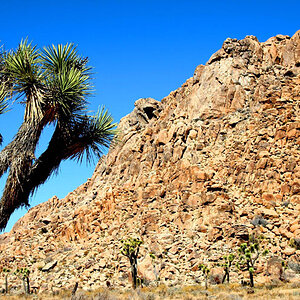
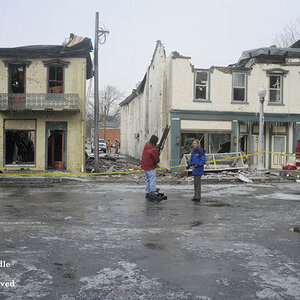
![[No title]](/data/xfmg/thumbnail/37/37636-e02c7efccb426a8951ed97a37c0f9307.jpg?1619738157)
